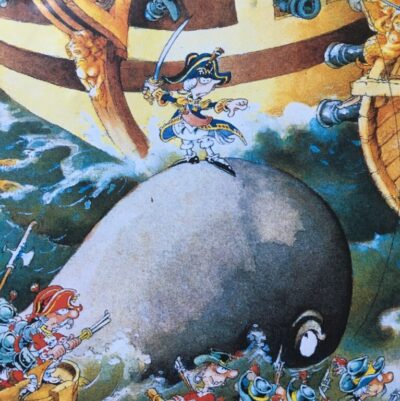
Balancing History with Fiction
It is always interesting to me how other historical fiction writers approach creating a fictional version of a historical figure.
I’m one of those people who always read the author’s notes. There’s always information there that supports the book, which is why we bother to write them in the first place. Well, and maybe to defend ourselves against accusations of playing fast and loose with history. I don’t know; do people do that? Maybe I’m just one of those people who is always on the defensive. One of my favourite historical fiction writers, L.C. Tyler, wrote in his notes to The Plague Road, ‘A recent reviewer on Amazon (I think), observing the inordinate length of my acknowledgements in a previous volume in this series, wrote that I obviously didn’t know much about the period because I’d had to read so many books. I have taken this constructive criticism to heart. I hope it will be clear to all how little research I have done this time.’
Of course, that’s nonsense… L.C. Tyler’s books are very well researched, as he goes on to admit. He departs from ‘the truth is stranger than fiction’ only to improve the entertainment value of the truth, in my opinion. I think his version of Samuel Pepys is a good deal more intriguing than the man’s diaries would lead you to believe! (L.C. Tyler was kind enough to reply to a post on an earlier incarnation of this blog… one that was lost in The Great Loopback Error of 2022… )
For Mother’s Day, my son gave me A Tip for the Hangman by Allison Epstein, which I devoured in a day and a half. It’s an addictive speculative account of Kit Marlowe’s career as a spy for Queen Elizabeth I. And I’m not going to reveal any spoilers; I only bring it up because in her notes she tells you precisely where she departs from the documented history. And I recommend you find yourself a copy!
I approach writing historical fiction in a similar fashion. I’m probably obsessive about accuracy, and I hope that this slavishness doesn’t impede my ability to craft an interesting story. (If it does, I imagine someone, perhaps on Amazon, will tell me so.)
I suppose it doesn’t help my case to have chosen to write about a man whose life has already been covered by (perhaps) as many writers as Jesus Christ’s. Not being content simply to read what other writers wrote about him, I acquired all seven volumes of The Dispatches and Letters of Admiral Lord Viscount Nelson, compiled and edited by Sir Nicholas Harris Nicolas, and I read all of them cover-to-cover. Only recently did I become aware of how ‘edited’ they may have been, in an excellent article by Terry Colling of The Nelson Society. It would appear that Lord Nelson didn’t have much time for punctuation… but never mind. And that’s apart from the forgeries. (If you want to know about them, see The Nelson Society’s website: www.nelson-society.com.)
The more I read about Lord Nelson, the more I discover I still have to learn. I’m not naive enough to think that my ‘own private Nelson’ is going to agree with anyone else’s. But I hope you’ll like him enough to enjoy the story.
And yes, I will tell you where I departed from documented history. Just read the notes at the back.
The photograph is my own, from a section of a jigsaw puzzle with artwork by Ryba.